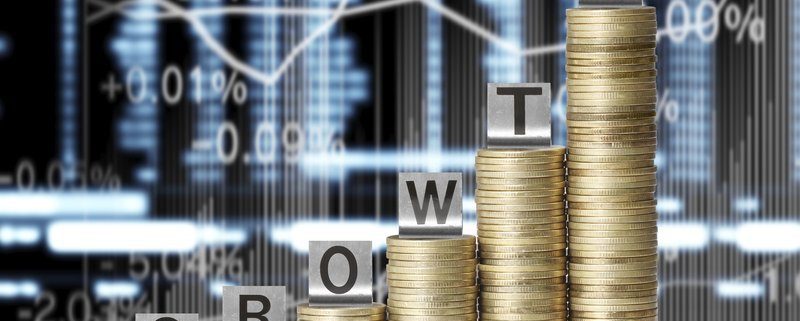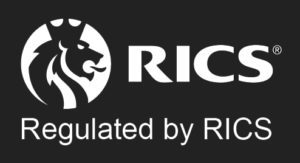Ireland is fastest growing economy in EU fourth year in a row
The economy grew by 7.8% of GDP last year, according to preliminary estimates from the Central Statistics Office, making it the European Union’s fastest-growing economy for the fourth year in a row.
Measured by GNP, the economy grew by 6.6% in 2017, the CSO said.
The CSO said that Modified Domestic Demand – a new measure used in Ireland to remove the distorting effects of foreign multinational companies – showed growth of 3.9%.
This suggests that the wider economy is feeling little initial impact from Brexit.
Today’s figures show that Personal Consumption Expenditure grew by 1.9%. This is regarded as an important barometer of the performance of the domestic economy.
Consumer spending on goods increased by 4.6%, while spending on services was marginally negative at -0.1%.
The CSO said that industrial output grew by 8.9%. In the ICT sector output increased by 16.8%, while financial and insurance output fell slightly, down by 0.7%.
Capital investment showed a drop of 22.3% last year, driven by a lower level of Intellectual Property imports when compared with the exceptionally high level of such imports in 2016.
The country’s balance of payments recorded a strong surplus of €37.1 billion, or 12.5%, of GDP.
This compared to a surplus of €9.1 billion in 2016, and €28.6 billion in 2015. The series was also affected by the large level of IP imports in 2016.
The relevance of using GDP as an accurate measure for such an open economy as the Irish economy was called into question when 2015 growth figures were adjusted up after a massive revision to the stock of capital assets related to the large multinational sector here.
While other more stable data point to very strong growth in the real economy, last year net exports were flattered greatly by the absence of large imports of intellectual property and aircraft leasing activity, which have skewed data in the past.
That pushed GDP up 10.9% year-on-year in the third quarter, revised slightly higher today.
This meant annual growth stood at 8.4% in the final three months of the year.
The economy expanded by 3.2% on a quarterly basis from October to December, compared with 4.8% in the previous quarter.
Ireland has rebounded from an economic crash a decade ago that pushed it into an international bailout in 2010, and the momentum has continued into this year with unemployment falling to 6.1% from a peak of 16% during the the crisis.
Data yesterday showed that employment – which analysts say is the cleanest gauge of Irish growth – was just shy of the 2007 peak at 2.23 million at the end of 2017 following a sharp rise in jobs growth in the fourth quarter.






